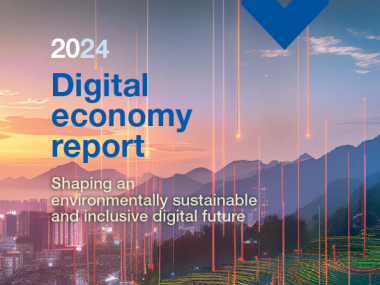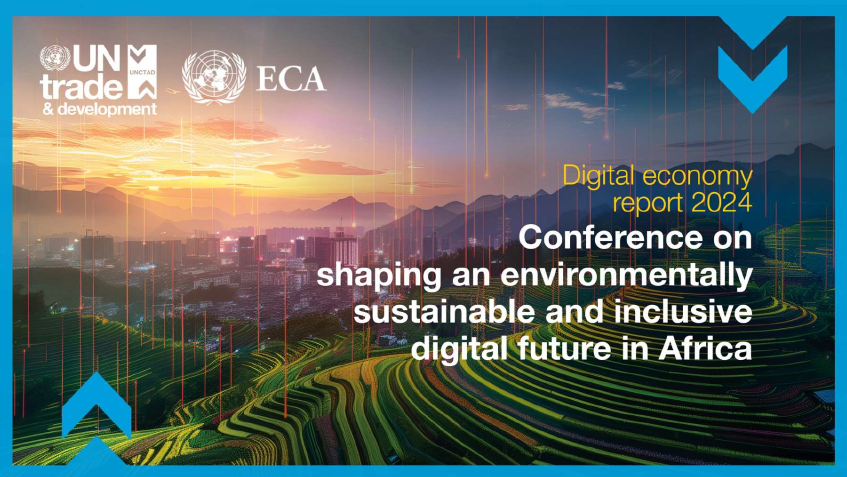While the global digital sector drives significant economic growth and offers unique opportunities for developing countries, it has become more apparent that the environmental repercussions are becoming more severe. Over the past two decades, the number of Internet users has jumped from 1 billion to 5.4 billion. With this surge, the demand for smartphones has more than doubled, with annual shipments rising from 500 million to about 1.2 billion in the past decade.
Notably, this demand brings with it certain spillover costs. In 2020 alone, it was estimated that the ICT sector emitted between 0.69 gigatons and 1.6 gigatons of CO2, accounting for 1.5-3.2% of global greenhouse gas emissions. With the growing number of end-user devices, the boom of artificial intelligence and cryptocurrency mining, this figure is only expected to rise.
Previous editions of the Digital Economy Report – one of the flagship publications of UN Trade and Development (UNCTAD) – have focused on the implications of digitalization for inclusive development. These reports have placed great importance on bridging digital and data-related divides by enabling value creation in developing countries, as well as fostering better governance of data and digital platforms. The 2024 edition shifts the focus to the interrelation between rapid digitalization and environmental sustainability, a topic that has been underexplored.

